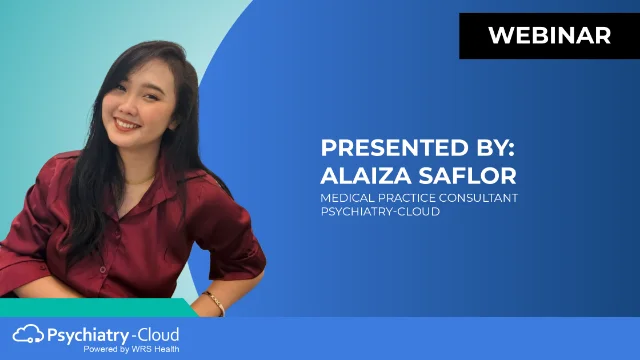Key Takeaways
- Effective psychiatry reputation management combines clear communication, accurate data, transparency, and consistent follow-through.
- Proactively collecting and responding to reviews helps build trust and minimizes the effect of negative feedback.
- Integrating marketing, patient experience, and SEO strategies strengthens long-term brand credibility.
- Learn how Psychiatry-Cloud Marketing Services can boost your brand
Marketing your behavioral health practice and managing your online reputation may not come naturally—but both are vital to your business strategy. Without brand awareness and trust in your community, even the best patient outcomes can go unnoticed, putting both stability and growth at risk.
A key part of building your brand is understanding Search Engine Optimization (SEO). Search visibility is no longer just marketing—it’s access. In today’s healthcare environment, your digital presence often serves as a patient’s first impression, influencing how easily new patients can discover and choose your practice.
During WRS Health’s webinar, SEO for Medical Practices: Kickstarting Your Online Reputation, Jennifer Boada, Digital Marketing Services Manager at WRS Health, shared practical strategies for building trust, improving visibility, and transforming SEO into a sustainable reputation engine for psychiatry practice marketing.
Here are seven key takeaways to help your practice refine its psychiatry reputation management strategy and reach more of the right patients online.
Table of Contents
1. SEO is the New Digital Front Door
Search engines have become the gateway to care. According to Press Ganey, patients visit an average of three websites and read about five reviews before selecting a provider. That means your SEO determines whether potential patients even find you.
If your practice doesn’t appear near the top of local results, you risk being overlooked—even if you’re the best option in your area.
2. Local SEO Drives Patient Acquisition
Nearly half of all Google searches are for local services, making local SEO essential. Even as telehealth expands, local search still matters. A complete and verified Google Business Profile—with accurate hours, photos, and reviews—helps your practice appear in “psychiatrist near me” results and connect with nearby patients actively looking for care.
3. Smart Keywords Connect You to the Right Patients
Well-chosen keywords make it easier for patients to find you. Using terms like “child psychiatrist in NJ” or “bipolar disorder specialist near me” ensures your website matches what real people are searching for.
SEO shouldn’t stop at your homepage. Consistent keyword use across blogs, FAQs, and service pages fills content gaps and boosts discoverability.
4. Your Psychiatry Website is a Digital Location
Think of your website as an extension of your clinic. To perform well in search rankings, it needs:
- Fast page speed
- Mobile-friendly design
- Clean, optimized on-page SEO
- Fresh, regularly updated content
Earning backlinks from trusted healthcare or local organizations also improves domain authority, helping your site rise in search results without relying on ads.
5. Patient Experience Fuels SEO Success
Search engines are increasingly responsive to real-world patient feedback. Google recognizes and ranks practices higher when they have consistent, authentic reviews.
Using automated SMS or email review requests encourages patients to share their experiences. Highlighting positive testimonials on your site not only builds credibility but also naturally incorporates patient-driven keywords (like “kind,” “responsive,” or “easy to schedule”), which boost SEO rankings.
6. Avoid Common SEO Pitfalls
Even the best-intentioned marketing can go wrong. Common mistakes include:
- Keyword stuffing (overusing the same term repeatedly)
- Ignoring local SEO setup
- Overreliance on paid ads
- Sparse website content
- Lack of performance tracking
SEO should always be data-driven. Regularly review keyword rankings, clicks, and conversions to fine-tune your approach. If your team can’t manage these details internally, consider partnering with a psychiatry-focused marketing provider that understands your field.
7. SEO Takes Time—But Delivers Lasting Results
Unlike ads, SEO success compounds over time. You’ll likely see early progress in about three months, steady growth by six, and measurable traction after a year. The key is consistency. When you keep improving content and engagement, your reputation and patient base grow together.
A Strong Foundation for Psychiatry Reputation Management
SEO isn’t a quick project—it’s an ongoing process that thrives when your entire team is aligned and your strategy is guided by data.
Psychiatry practices that combine technology, patient experience, and continuous effort build a sustainable advantage. Pairing a well-managed SEO plan with integrated reputation management tools amplifies both visibility and trust.
Set aside time to align with your staff and partners on a clear reputation roadmap. For the strongest results, use an integrated EHR and marketing platform like Psychiatry-Cloud to connect SEO, patient feedback, and growth strategies—so your digital presence works as hard as you do.











